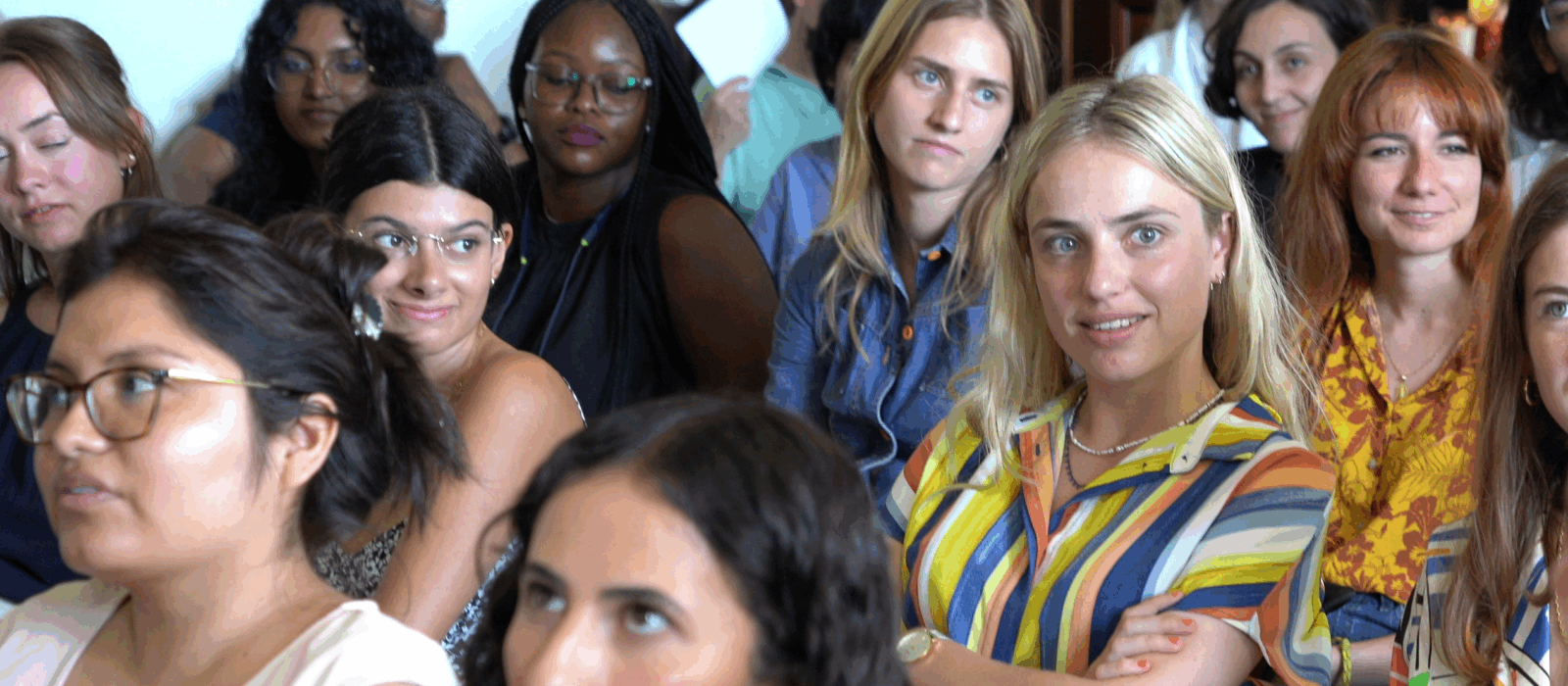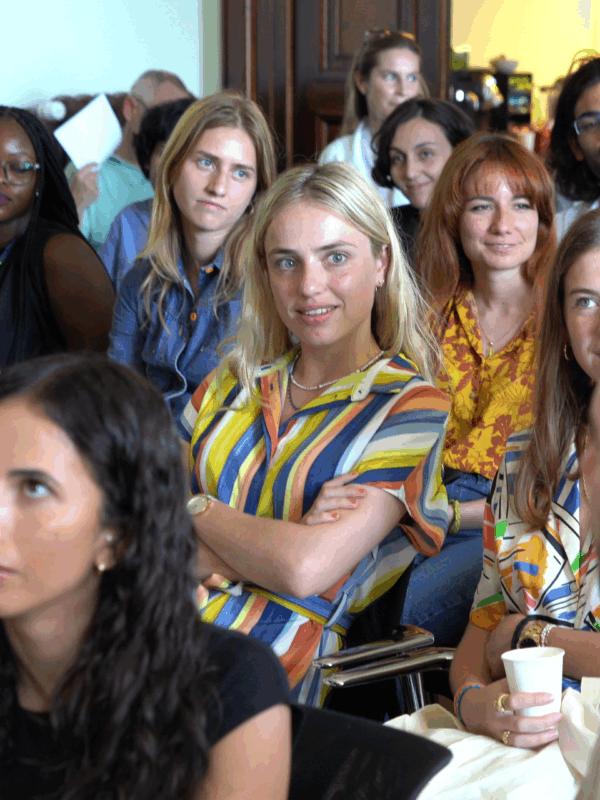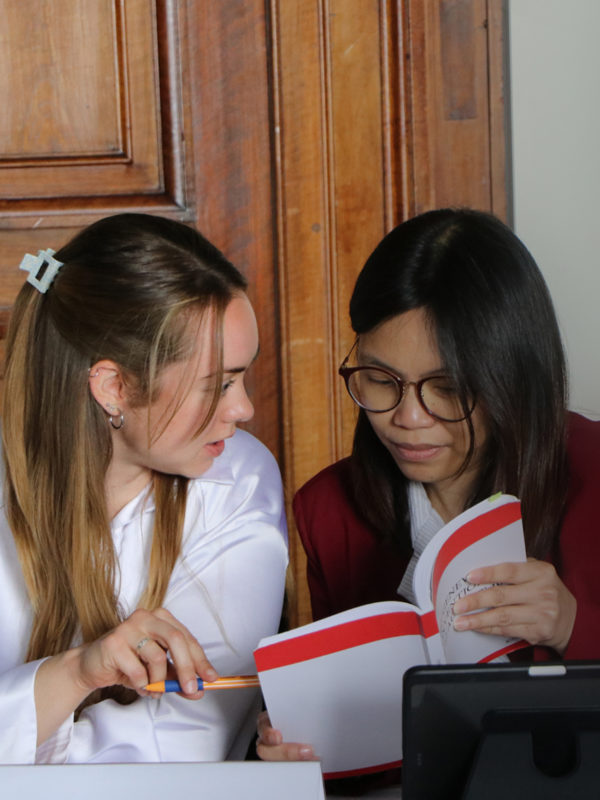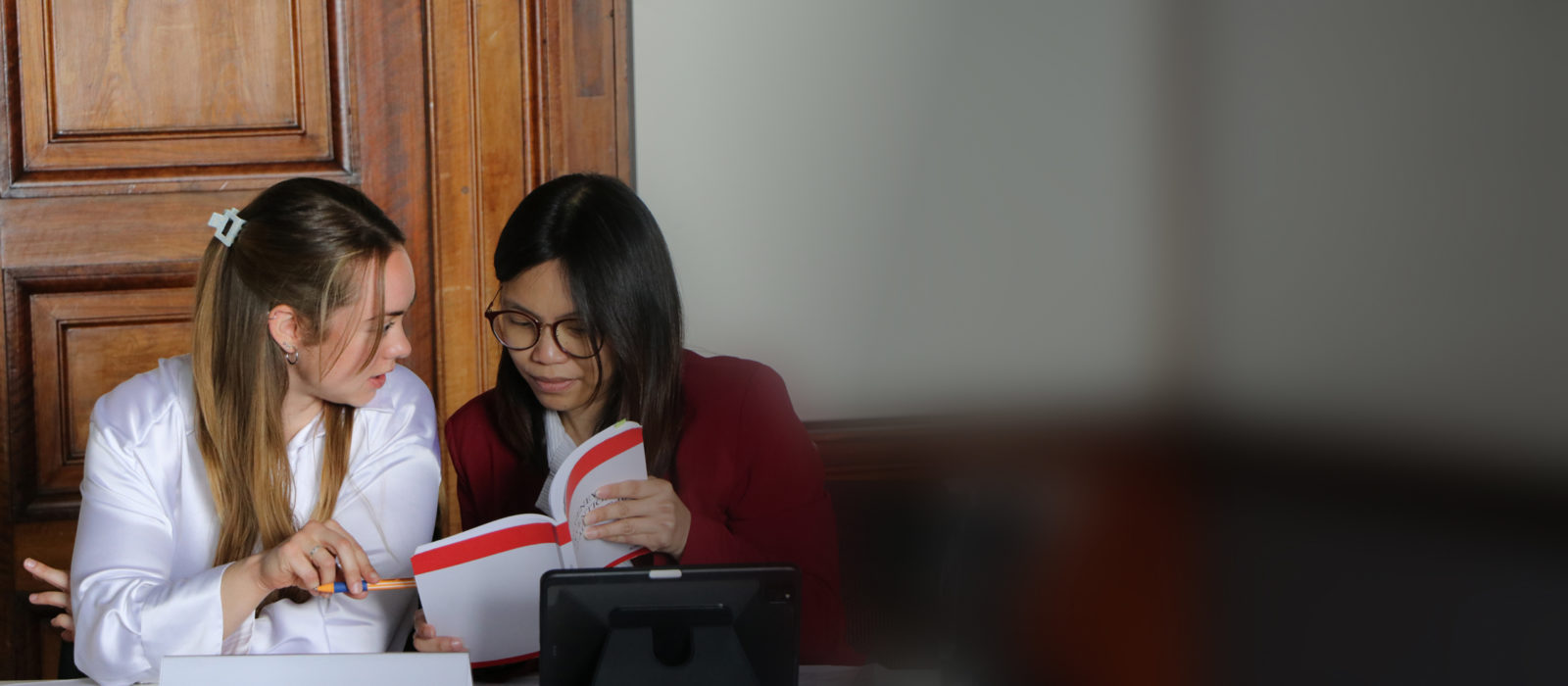Since its creation in 2007, the LLM–Master of Advanced Studies in International Humanitarian Law and Human Rights has been the Geneva Academy’s flagship programme. Building on the legacy of the former CUDIH master’s degree, it offers a holistic and comprehensive approach to the law applicable in armed conflicts and other situations of violence.
This one-year, full-time programme (60 ECTS) provides an in-depth understanding not only of international humanitarian law, but also of all other branches of international law that regulate conflict and its aftermath — human rights law, refugee law, and international criminal law — all grounded in the key concepts and institutions of public international law.
Through rigorous teaching, interactive tutorials, and direct engagement with Geneva’s international institutions, students acquire both solid theoretical grounding and the practical skills required to address the legal and humanitarian challenges of today’s armed conflicts.
The LLM–Master of Advanced Studies in International Humanitarian Law and Human Rights is a one-year, full-time postgraduate programme (60 ECTS) that provides one of the most comprehensive legal perspectives on the regulation of armed conflict available today.
Designed for law graduates who wish to deepen their expertise, it explores the interplay between international humanitarian law, human rights law, refugee law, and international criminal law, within the broader framework of public international law.
Guided by leading academics and experienced practitioners, students engage directly with international institutions based in Geneva – including the International Committee of the Red Cross (ICRC), the Office of the United Nations High Commissioner for Human Rights (OHCHR), and numerous NGOs – gaining unique insight into how international law functions in practice.
The tuition fee for this programme is CHF 18,000. Information on payment modalities and deadlines is provided to admitted candidates together with the offer of admission. A limited number of scholarships are available each year and awarded on the basis of academic merit and financial need. Scholarships may cover tuition fees, living expenses, or both.
The academic year begins in mid-September and runs until mid-September of the following year:
Autumn semester (September–December):
Core courses and optional courses, with tutorials (in core courses) to consolidate understanding and prepare for examinations.
Winter (January):
Examination period and short break.
Spring semester (February–June):
Continuation of core courses, together with the mandatory internship or participation in the Jean-Pictet Competition.
Summer (July–August):
Completion of the LLM–MAS Final Paper (3 ECTS).
Graduation:
End of October.
Core Courses (42 ECTS)*
- Public International Law – 6 ECTS
- International Humanitarian Law – 12 ECTS
- International Human Rights Law – 12 ECTS
- International Criminal Law – 6 ECTS
- International Refugee Law – 6 ECTS
Optional Courses (2 required – 3 ECTS each, offered in the Autumn semester)*
- Children’s Rights and Armed Conflicts
- Decolonisation and its Impact on International Law, Human Rights and International Development
- Displacement and Armed Conflict in International Law
- Identity Claims, Cultural Diversity and Human Rights
- International Cyber Security Law
- Non-State Armed Groups in Armed Conflicts
- Reconciliation and Peacebuilding
- Reparations to Victims in Transitional Justice
- The Law and Politics of International Human Rights Monitoring
- Weapons Law
*Examples from the 2025–2026 academic year. Future offerings may vary.
Professionaling activities is a cornerstone of the programme. During the spring semester, students complete one mandatory professionalising activity, choosing either:
- a curricular internship with one of the Geneva Academy’s partner institutions (over 80 organizations, including the ICRC, OHCHR, UNHCR, and leading NGOs active in humanitarian and human rights protection); or
- participation in the Jean-Pictet Competition, for a limited number of outstanding students selected through an internal process
These activities bridge academic learning with practice, allowing students to develop professional skills, confidence, and networks essential for future careers.
The programme also includes a study trip offering direct exposure to humanitarian or human rights operations in the field.
Graduates of the LLM in International Humanitarian Law and Human Rights are equipped with an advanced and practice-oriented understanding of international humanitarian law, human rights law, international criminal law, and the legal frameworks applicable in armed conflict and other crisis situations. Their strong legal training and exposure to Geneva’s institutional landscape make them highly competitive in a range of professional environments.
They work in:
- International organizations such as the ICRC, OHCHR, UNHCR, UNICEF, IOM, and UNIDIR;
- Non-governmental organizations engaged in the promotion, monitoring, and protection of humanitarian and human rights standards;
- Governmental and diplomatic institutions, including ministries of foreign affairs, development agencies, human rights departments, and permanent missions;
- International courts and tribunals, as well as regional human rights mechanisms;
- Academic and research institutions, think tanks, and policy centres working on conflict, protection, and accountability.
Since its inception, the LLM—and its predecessor, the CUDIH MAS programme—has built an active and diverse alumni community. Over the years, hundreds of graduates have gone on to serve in key roles across the humanitarian, human rights, and international legal fields, forming a global network of professionals dedicated to strengthening the protection of individuals in times of crisis and armed conflict.
Admission is open to candidates holding a full degree in law that allows them to sit the bar examination in their country of origin or residence. Candidates with degrees in other disciplines may also be considered if they demonstrate a strong and motivated interest in the programme’s subject matter, supported by relevant professional experience and university-level courses in international law.
Applications must include all required documents, including two recommendation letters (one academic, one professional), written on letterhead and signed.
Applications are reviewed on a rolling basis during the admission period, and entry is highly competitive. Early submission is strongly encouraged.
Before applying please download our Application Guidelines, and refer to to the detailed information on the How to Apply page.
If you have questions about our programmes, please check our Frequently Asked Questions or contact masters-inquiries@geneva-academy.ch


Studying at the Academy has helped me in creating an international network. Next to the students that come from across the globe, we have networking events with people working in institutions and organizations here in Geneva.
Student of the LLM- MAS in International Humanitarian Law and Human Rights.

